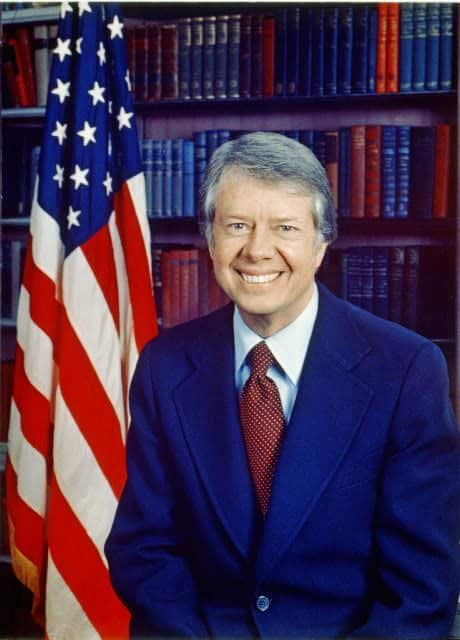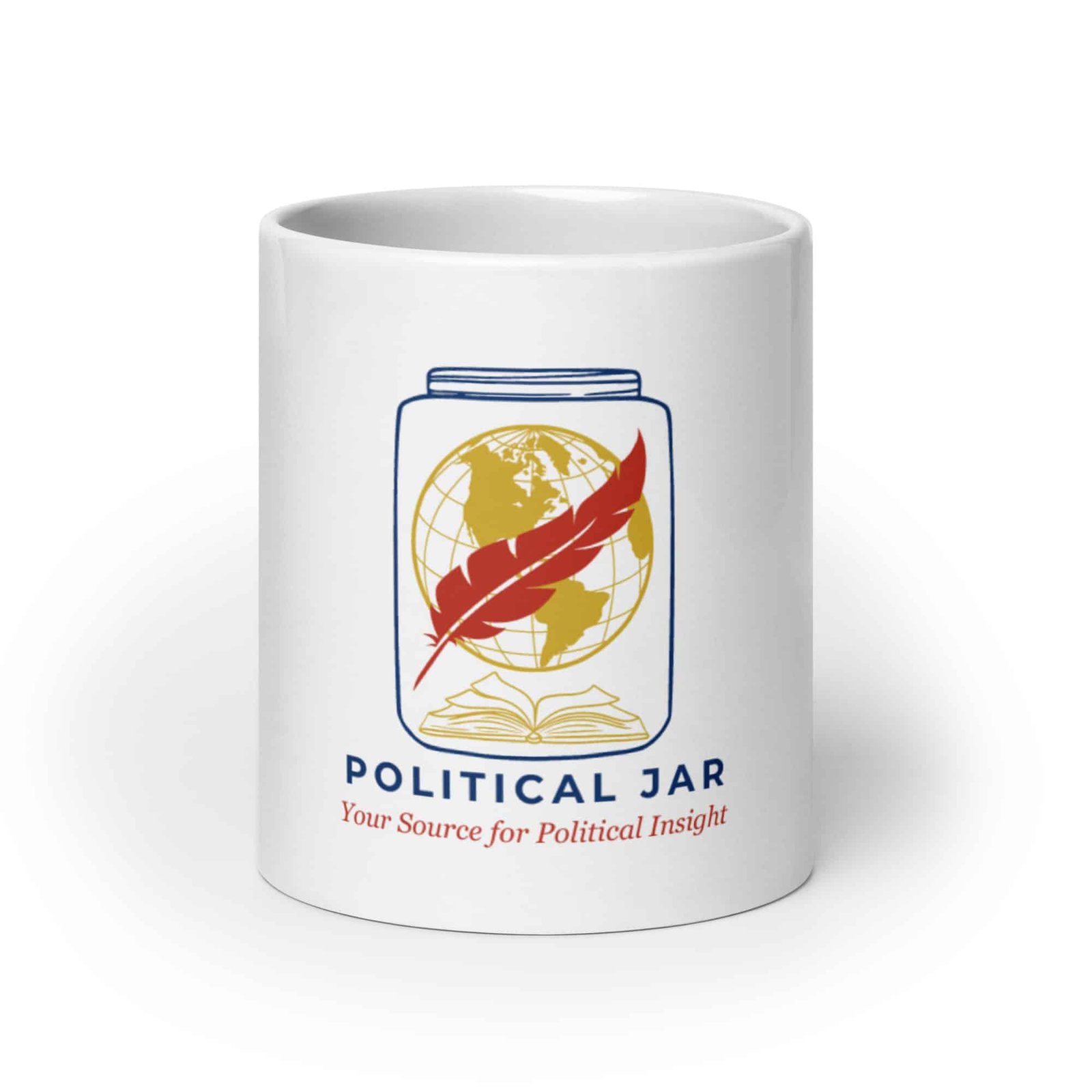
Political Recap: November 3–9, 2025
This week saw a mix of global diplomacy, domestic policy shifts, protest movements and political realignment. These moments may shape the short-term trajectory of governments and longer-term trends.
1. Serbia’s President Offers Early Election Amid Mass Protests
What Happened:
On November 3, President Aleksandar Vučić of Serbia responded to large-scale anti-government protests by offering to bring forward parliamentary elections, originally scheduled for December 2027. The protests were triggered by grievances over corruption, alleged authoritarian practices and the deaths resulting from a train station collapse in Novi Sad.
Why It Matters:
This is a significant moment for Serbia’s democratic institutions. The fact that mass public mobilization forced a major political concession signals rising popular power. It also suggests the government fears losing its grip, which may lead to reforms—or to a hardening of control. Finally, because Serbia is a key player in the Balkans and EU-accession process, instability here could ripple more widely.
2. China’s Role in Myanmar’s Civil War Raises Global Eyebrows
What Happened:
On November 3, analysts published a detailed assessment showing that although China officially claims non-interference, it has for years deepened its involvement in the civil war in Myanmar. Beijing has supported the junta, supplied weapons and pressured ASEAN nations, revealing its strategic stakes in the region.
Why It Matters:
China’s influence over Myanmar weakens regional norms of sovereignty and non-intervention, and complicates Southeast Asian diplomacy. For the U.S. and its partners, it signals a challenge in shaping regional security architecture. For China, the move reflects a more assertive foreign policy that may help it project power—but also risks backlash and instability.
3. U.S. Administration Announces Major Drug-Price Reduction Deal
What Happened:
On November 6, the Donald Trump administration announced a landmark agreement with pharmaceutical manufacturers (Eli Lilly and Company & Novo Nordisk) to significantly reduce the cost of key drugs like Ozempic and Wegovy—cutting monthly prices from around $1,000+ down to as low as $150-$350 via the “TrumpRx” programme.
Why It Matters:
Drug pricing is a potent domestic issue with political, economic and social implications. By negotiating these reductions, the administration may gain political capital and potentially ease public anger over healthcare costs. It also sets a precedent for government involvement in drug-pricing mechanisms, which could reshape industry behaviour, regulatory expectations and global pharmaceutical markets.
4. Viktor Orbán Visits Washington in Bid to Mediate U.S.–Russia Summit
What Happened:
On November 7, Hungarian Prime Minister Viktor Orbán visited the White House, proposing to host a future summit between Trump and Vladimir Putin in Budapest. At the same time, he lobbied for exemptions from U.S. sanctions on Russian energy exports and sought to bolster his international image ahead of elections.
Why It Matters:
Orbán’s manoeuvring underscores the complex interplay of domestic politics and international diplomacy. His agenda blends national election tactics with global power plays. For the U.S., engaging with Orbán in this way might rebalance Europe’s role in the Russia-Ukraine war but also risks undermining unified Western sanctions and strategic cohesion.
5. Ongoing Conflict Update: Russian Offensive in Ukraine Advances Near Pokrovsk
What Happened:
According to a November 3 assessment by the Institute for the Study of War, Russian forces continue advancing in the vicinity of Pokrovsk in eastern Ukraine, operating with growing confidence and embedding themselves more securely in the region.
Why It Matters:
The Ukraine conflict remains a key geopolitical flashpoint. Russian gains may undermine Ukraine’s defence, strain Western commitments, and shift the war’s trajectory. For the international community, it raises concerns about escalation, humanitarian impact and longer-term European security architecture.
6. Tanzania’s Post-Election Unrest Sparks International Concern
What Happened:
Following the October 29 general election in Tanzania, major protests erupted over alleged electoral irregularities, internet shutdowns and police crackdowns. Reports indicate possibly hundreds or even thousands killed, leading to a regional and international alarm.
Why It Matters:
The crisis in Tanzania illustrates the fragility of democratic processes in some parts of the world. The unrest carries regional implications—impacting neighbouring countries, trade and security—and raises human-rights concerns. For investors and diplomatic partners, it signals risk in engagement and a need for cautious monitoring.
What to Watch Next
- Whether Serbia actually sets a date for early elections and how the opposition mobilises.
- The next steps for China in Myanmar and how ASEAN responds.
- Implementation details of the U.S. drug‐price deal and whether it triggers further reform.
- The outcome of any U.S.–Russia summit discussion and its impact on Ukraine policy.
- Further developments in eastern Ukraine and whether Western support will be scaled up.
- How Tanzania’s unrest influences the country’s governance, regional stability and international relations.
This post is published exclusively by Political Jar to bring you original, clear and informative commentary on the week’s most consequential political developments.


